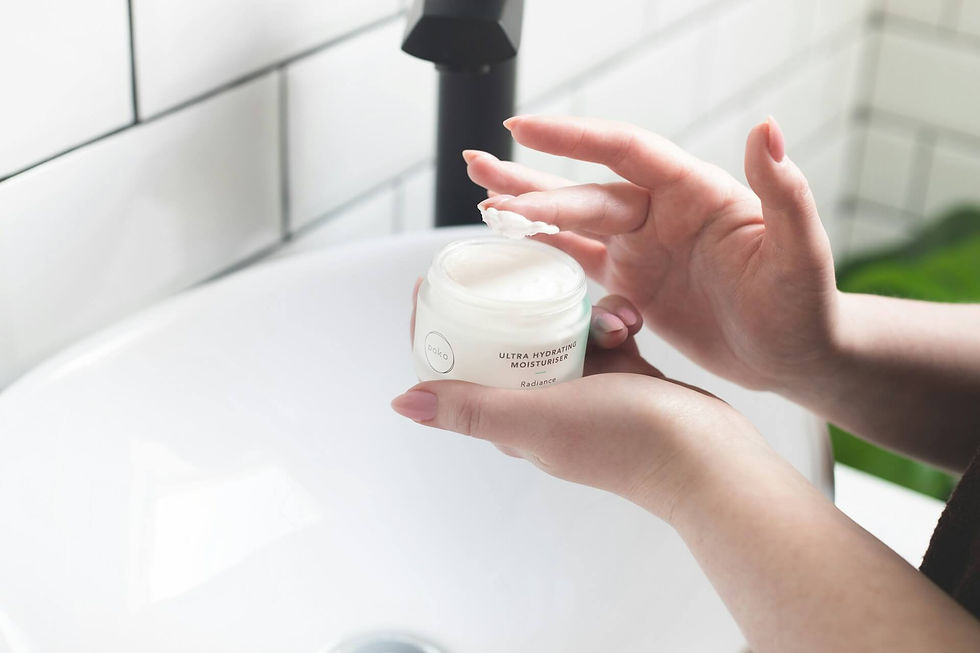

9 Ways You Can Get Your Health Back On Track In 2026
Learn how to get your health back on track with essential tips that emphasize mental health and self-care strategies.


Key Features of High-Quality Oxygen Regulators
Explore the essential role of oxygen regulators in healthcare. Learn how they ensure patient safety and reliable oxygen flow.


How To Work Towards Better Mental Well Being
Explore effective steps to enhance your mental well being and prioritize your mental health in everyday life.


Essential Tips for a Successful Injury Recovery Plan
Manage your injury recovery effectively with our step-by-step guide to limit pain and monitor your progress.


Understanding Legal Rights After an Eye Injury at Work
Discover essential steps for recovery after an eye injury, including rights and natural methods for healing.


Investing In Your Mental Health In 2026 - Start Here
Discover how to invest in your mental health with key strategies that can improve your emotional wellbeing and quality of life.


What Makes 7-OH Extract Different From Traditional Kratom?
Navigate the world of kratom extract. Discover how specialized extraction enhances the alkaloid profile for experienced users.


Why Teens Are the Most Underserved Group in Mental Health Emergencies
Explore the challenges of teen mental health and how to improve timely care for adolescents in crisis situations.


How to Plan a Therapy Session with Dyslexia
Understand how dyslexia affects the therapy appointment process and discover ways to make it easier for individuals.








